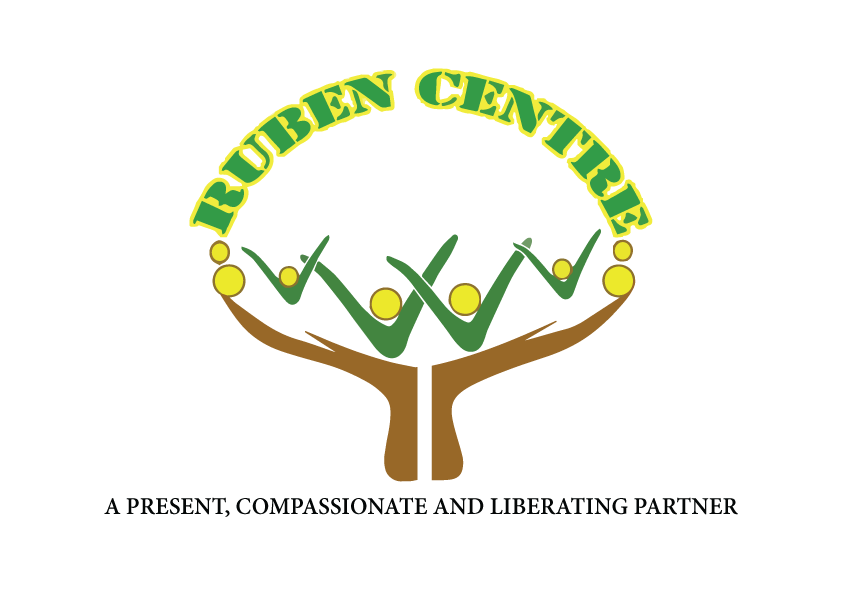Covid-19 (Face masks)
Face masks made at the Ruben Centre vocational training department.
In the first article on the Covid-19 pandemic, it was established that the virus is only transmitted through droplets generated when coughing, sneezing or speaking. Though not categorized as an airborne disease, the prevalence of the virus in the atmosphere is not entirely ruled out. This therefore prompted the Centers for Disease Control and Prevention to recommend wearing of face masks to the general public, contrary to this being limited to health workers initially.
The Centers for Disease Control and Prevention (CDC) recommend that all people wear cloth face masks in public places where it is difficult to maintain a 6-foot distance from others. This will help slow the spread of the virus from asymptomatic people and those who do not know that they have contracted the virus. Surgical masks and N95 respirators provide greater protection, but these are reserved for healthcare workers only.
Before the world was struck by the pandemic, the surgical mask functioned as a single use while the N95 mask could be used up to 14 days. This has changed due to the nature of the virus the world is battling. Whilst the surgical mask is still functioning as a single use mask the N95 has also been recommended for single use, just in case the filter has caught the covid-19 virus.
For a facility such as the Ruben Health Centre, the masks among other Personal Protective Equipment have become very expensive with prices increasing so as to maintain the economies of scale. According to the facility in-charge, Zipporah, a box of surgical masks would go for Ksh. 150 (US$ 1.50) but currently she has to source the box for Ksh. 5000 (US$ 50). The N95 would go for Ksh.50 (US$ 5) a piece but it currently goes up to Ksh.1500 (US$ 15). These are the basics of the PPEs, without factoring suits, gloves, disinfectants, sanitizers etcetera.
Bearing in mind that the Ruben Centre received a budget cut, the organization had to act promptly and see how it can offer quality protection to its staff members and still save costs. This brought forth the idea of production of our own PPEs. The first step was hand-washing soap that was made by the social department. This way people can keep their hands clean and prevent rapid spread of the virus, if any. Hand washing stations were strategically placed at the organization. The second step was making the 3 ply face masks. These masks are being made up to the government standards so as to ensure the mask is not porous enough to let the virus into the respiratory tract. Hopefully the organization will start production of suits that will be used by the health workers.
The Kenyan government has enforced some tough laws that come with hefty fines. In the case of face masks, if you are in Nairobi and you are found by the law enforcers without one a civilian will be looking at a fine of KSh. 20,000- or 6-month jail time or both. Apart from standard 3 ply mask being unavailable the information on how to effectively wear the mask and cover the face well is inadequate. All in all, time will heal. Stay home to stay safe.

